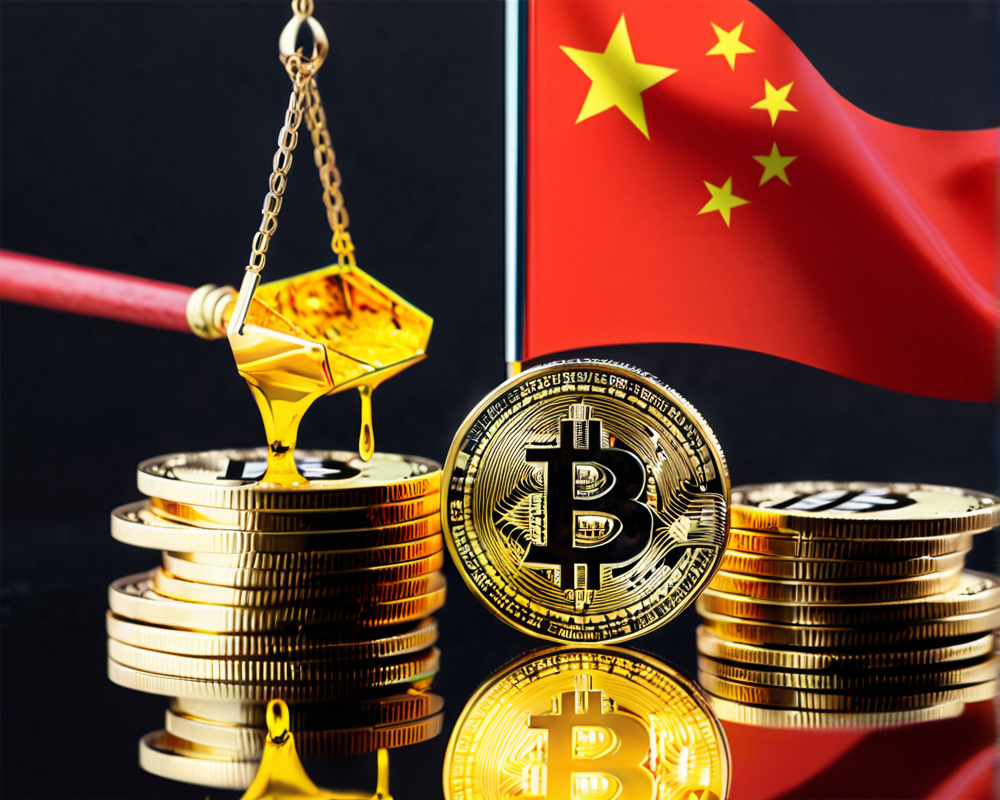Understanding Cryptocurrency Legality in China
It might sound like a contradiction, but while the Chinese government has been known as a fierce opponent of cryptocurrency, recent legal decisions shed light on how it still provides some protections for crypto investors. With a major cryptocurrency ban instituted just a year ago, the landscape remains tumultuous and fiercely debated.
The Definition of Property
According to David Lesperance, a legal expert in the field, Chinese law recognizes cryptocurrency as a form of virtual property. This means that although active trading through exchanges is banned, possession of cryptocurrencies isn’t outlawed. If someone steals your crypto or messes with your loan, you’re still under the law’s protective umbrella. Imagine having your virtual wallet stolen and thinking you’d lost everything, only to find out the law could come to your rescue! Not bad for a so-called ‘hostile’ environment.
A Case with Implications
In a recent case, a lesson emerged about the legal status of cryptocurrencies in digital loan agreements. Defendant Ding Hao borrowed 50,000 Litecoin (LTC) back in 2015 but didn’t pay it all back. The Beijing No. 1 Intermediate Court ruled in favor of the lender, which upheld Litecoin as property, emphasizing that the ban on crypto transactions imposed by the People’s Bank of China (PBoC) did not nullify the debt. So, who knew a failed loan could set a legal precedent in such a volatile field?
Litecoin’s Value Surge
Brace yourself: since 2015, Litecoin’s value skyrocketed by approximately 1,800%! Not too shabby for a cryptocurrency initially worth around three bucks. This case draws attention not just to the loan but also highlights risk—the value you think you’re loaning today might not be the same tomorrow.
Perceptions Among Investors
Despite the regulatory haze, many Chinese crypto enthusiasts remain undeterred. Some believe that the PBoC has yet to lay down the law against personal trading of cryptocurrencies. It’s as if there’s an unspoken rule lingering in the air; trading isn’t outright banned but isn’t actively encouraged either. Talk about a gray area! Meanwhile, many users discover that their bank cards can be frozen if they operate within the crypto OTC (over-the-counter) space. What a headache, right?
OTC Channels Still Thrive
Interestingly, trusted OTC trading channels remain a viable option for those eager to engage with cryptocurrencies. As one insider claimed, such transactions aren’t technically illegal, but it’s prudent to swerve conflicts with banks that deem everything crypto-related as suspect. Protecting your assets while dodging bureaucratic headaches feels like the ultimate game of cat and mouse.
Conclusion: A Balancing Act
In summary, the complicated tangle of cryptocurrency regulations in China reflects ongoing contradictions. Sure, there’s a ban on exchanges and a cautious environment for investors, but with ongoing legal protections and informal trading avenues, the crypto landscape in China still pulses with life. It’s less about suppressing the technology and more about managing it—much like herding cats, really.




